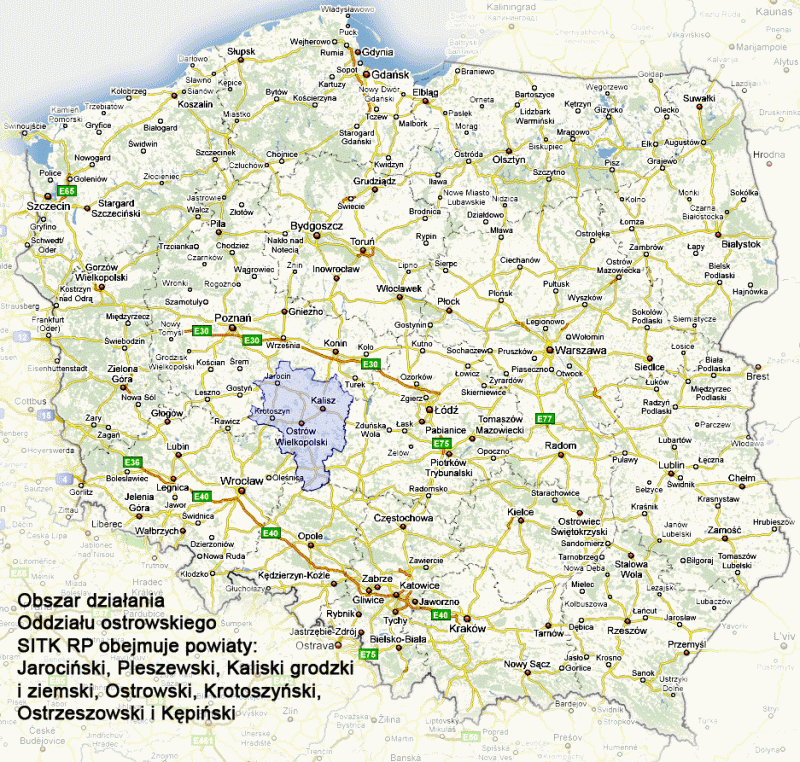Rfp response executive summary template. FREE Executive Summary Template and Sample. Also known as: abstract/executive summary template and sample. Use the executive summary template and sample provided in your FREE RFP Letters Toolkit to create your own executive summary from a template, or any other letter or document template related to the solicitation and selection process.
This book is a bit like taking three semesters' worth of C courses in college with a teacher who is very eager to help you, but is not a very good teacher, is not a very good C programmer, and thinks that just throwing more reading material at you more quickly will help you learn better. Luckily, this hypothetical instructor gives you an A in the class every time if you just turn in your homework on time and show up for every class session, every lab session, and every test, and at least write y This book is a bit like taking three semesters' worth of C courses in college with a teacher who is very eager to help you, but is not a very good teacher, is not a very good C programmer, and thinks that just throwing more reading material at you more quickly will help you learn better. Luckily, this hypothetical instructor gives you an A in the class every time if you just turn in your homework on time and show up for every class session, every lab session, and every test, and at least write your name on everything you turn in, even if you get everything else wrong. The book covers a dizzying range of material related to C pointers, which (if you take notes, or just work at your own pace through the book over the course of a very long time) can give you a lot of guidance on what things there are to learn about the use of pointers. On the other hand, much of the author's code is inadvisable, and should not be taken as an example of how to write code, and holy crap is there a lot of (not great) sample code. I couldn't really tell you how much of it is wrong, because my eyes really started to glaze over after a while, even reading through the book very slowly (and I admit to eventually skimming a lot).
The explanations of how everything works, and why it works that way, are pretty clear and easily comprehended (apart from a few linguistic issues and mediocre editing). The information it presents may even seem useful, and if you're 'lucky' you could probably get away with compiling code for years in some jobs without anyone (including yourself) realizing what you learned was wrong, but there are many subtle (and some less subtle) factual errors worked like fine threads through the dense weave of the material. The author's sense of humor is off-target, sometimes in mildly poor taste, generally not funny (or at least not in the manner probably intended), and just off a lot of the time. I'm tempted to give it two stars because of the breadth of coverage which, if you're willing to use it mostly as a map to a broad landscape of C pointer subject matter worth learning but actually checking every damned thing it says against more-correct resources, could be very valuable. As a book in and of itself, though -- which is how I should really review this -- it is likely to do significant damage to the quality of code its readers produce and release into the world. Choose better books. As of 2019-02-28, I haven't read most of these, but you could try going through the books recommended at iso-9899.info, on.

Yashwant Kanetkar is an Indian computer science author, known for his books on programming languages. He has authored several books on topics such as C. Understanding Pointers In C and Test Your C Skills. He has received Microsoft Most Valuable Professional award by Microsoft. Results 1 - 16 of 40 - Understanding Pointers in C. 14 March 2003. By Yashavant P. Basic Programming in C++: Understanding Pointers in C++.